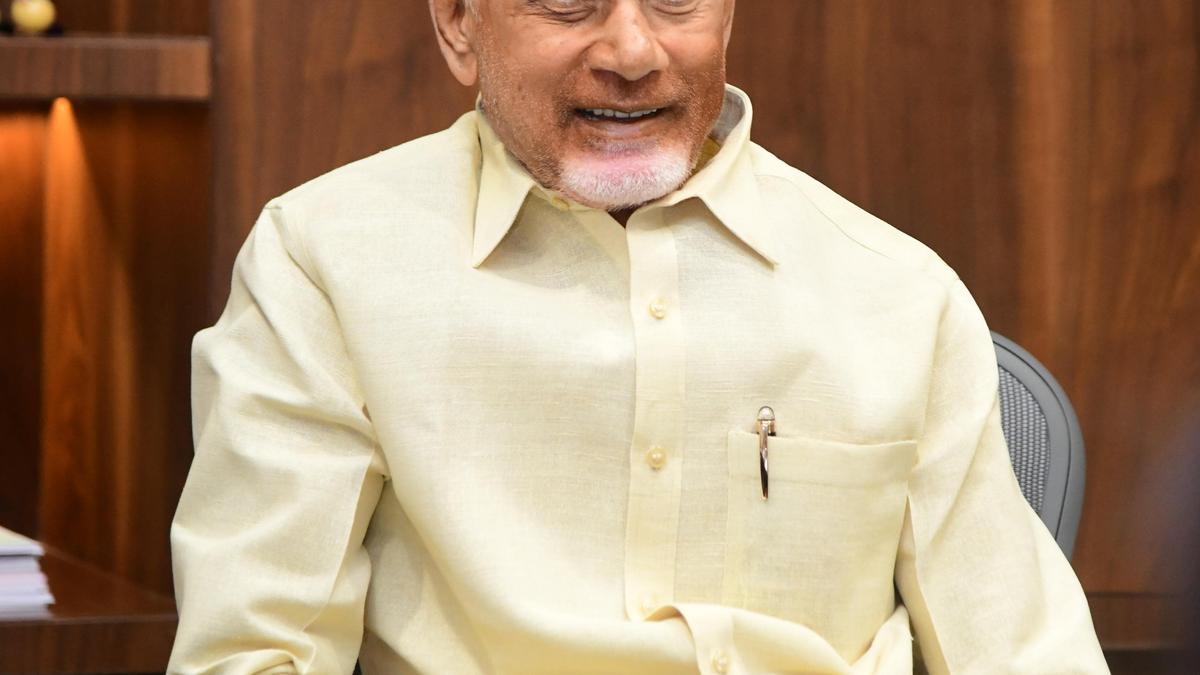
‘P4’ an ambitious initiative to achieve zero poverty in Andhra Pradesh by 2047
The Hindu
‘P4’ an ambitious initiative to achieve zero poverty in Andhra Pradesh by 2047. To be launched on the Telugu new year ‘Ugadi’, which is celebrated on March 30 this year, the initiative aims at ushering in socio-economic development through partnerships between public and private entities, and the people, and uplift communities through inclusive economic growth.
As part of achieving the Swarna Andhra-2047 goal, the Government of Andhra Pradesh is gearing up to launch its ambitious flagship programme, ‘Zero Poverty - P4 Policy’, on Ugadi, the Telugu new year (March 30 this year). The policy is aimed at eradicating poverty in the State by 2047.
‘P4’ stands for ‘Public, Private, People Partnership’, and achieving ‘zero poverty’ is one of the ‘Padi Sutralu’ (10 principles) of Swarna Andhra-2047.
Through the ‘Zero Poverty - P4 Policy’, it is targeted to ensure empowerment at the family level. This is achieved by giving house sites, constructing houses, providing sanitation facilities, ensuring 100% tap water connections, offering LPG connections and reliable power supply with incentives for rooftop solar installations, providing high-speed Internet access for all households, and promoting entrepreneurship in every family.
Under the initiative, the economically weaker families, which are the beneficiaries, are referred to as ‘Bangaru Kutumbam’ (roughly meaning golden families), while the well-off contributors are called ‘Margadarsis’ (guides). These names have been finalised after public consultations.
Addressing the third District Collectors’ conference on Tuesday, Andhra Pradesh Chief Minister N. Chandrababu Naidu said, ”P4 transforms socio-economic development through partnerships between public and private entities, and the people. P4 perpetuates a virtuous cycle to uplift communities through inclusive economic growth.”
The Chief Minister observed that by engaging High-Net-Worth Individuals (HNIs) and the Telugu diaspora could contribute towards bridging the economic divide.
“As a social responsibility, the top 10% economically rich people should handhold the bottom 20% underprivileged population,” Mr. Naidu said.





















 Run 3 Space | Play Space Running Game
Run 3 Space | Play Space Running Game Traffic Jam 3D | Online Racing Game
Traffic Jam 3D | Online Racing Game Duck Hunt | Play Old Classic Game
Duck Hunt | Play Old Classic Game











